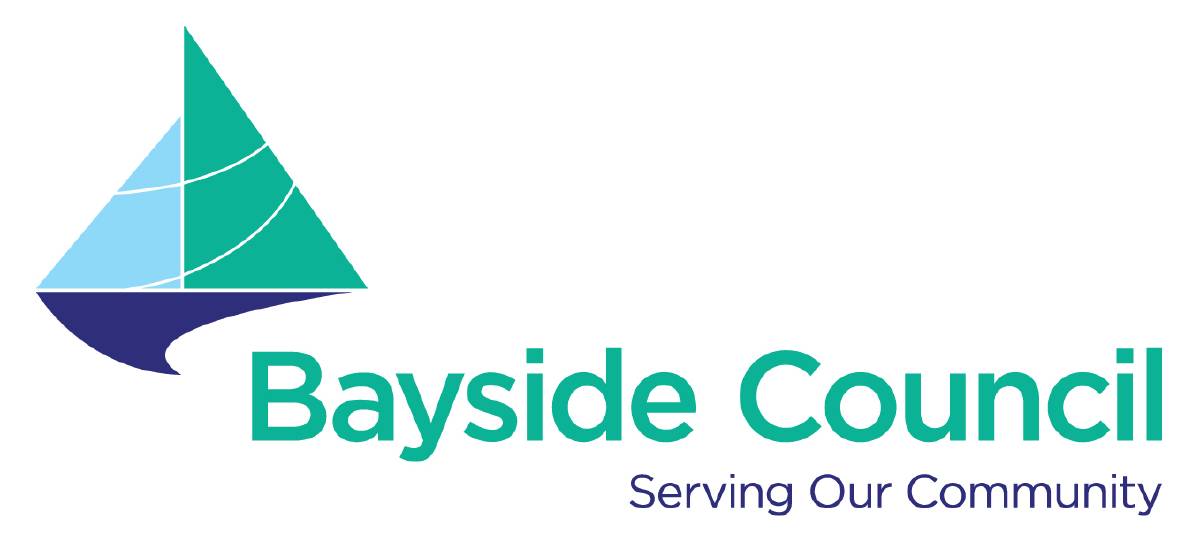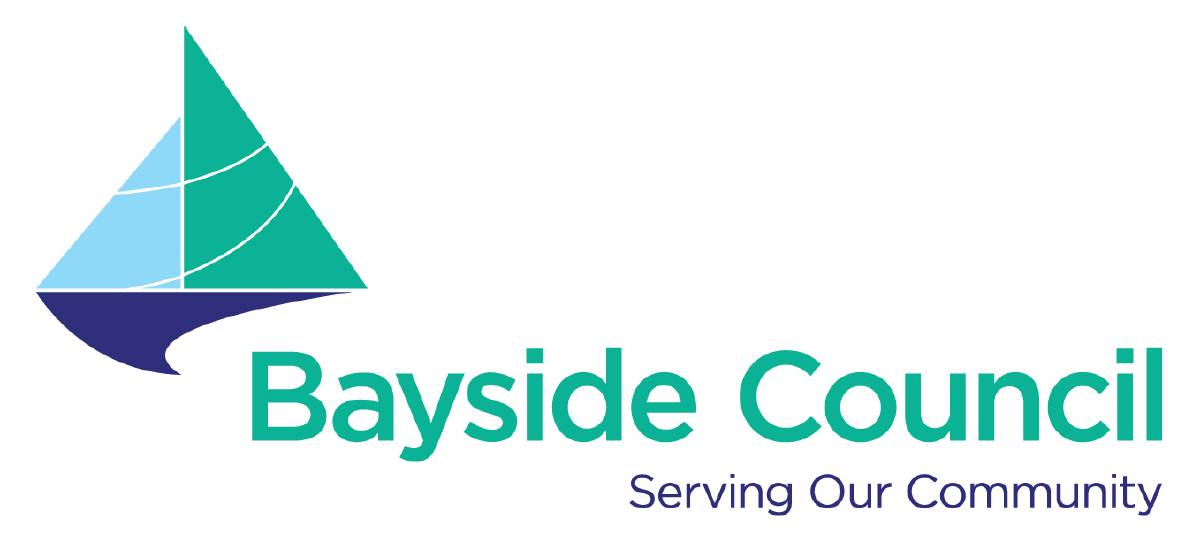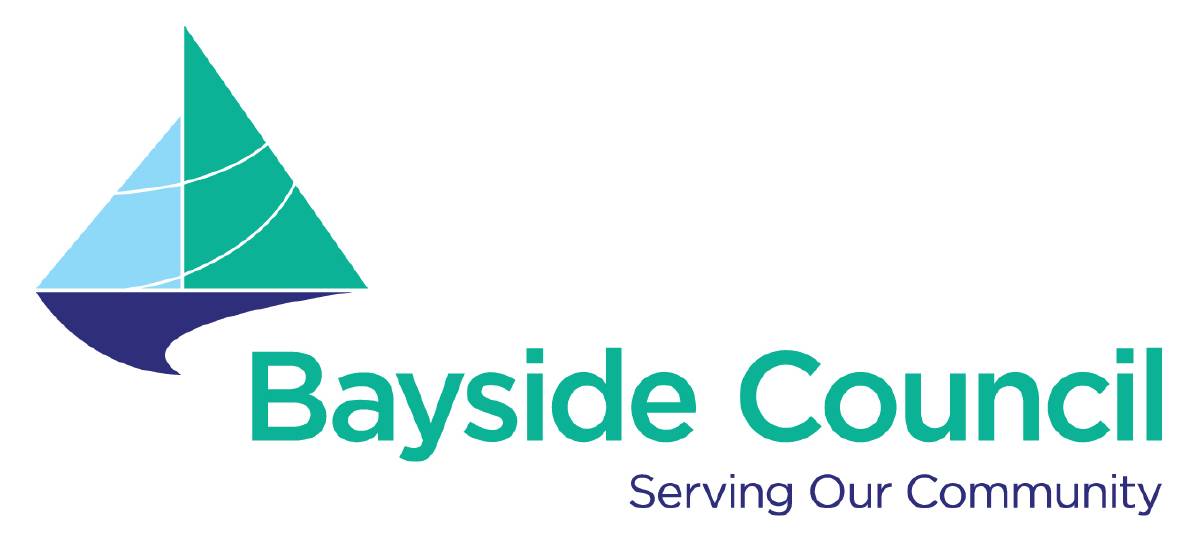Information
-
Audit Title
-
Conducted on
-
Prepared by
-
Location
-
Personnel
Business Details
-
Licence No.
-
Owner(s)
-
Person in charge at time of inspection
-
ABN
-
Phone number
-
Email
-
Inspection report delivered via:
- Email to above address.
- Not sent.
- Post to subject premises.
-
Inspection type:
- Routine.
- Re-inspection.
- Complaint.
Procedures Conducted on Premises
-
Type of procedure(s) undertaken at premises
- Hairdressing/Barber.
- Acupuncture.
- Manicure/Pedicure.
- Massage.
- Ear Piercing.
- Body Piercing.
- Waxing.
- Electrolysis.
- Blood Testing.
- Tattooing.
- Cosmetic Tattooing.
- Beauty Therapy.
Cleanliness and Structure
Ensure:
-
1. Premises are clean and hygienic
-
2. A hand wash basin is provided with warm running water via a common spout
-
3. Floors and walls are constructed with a material that is durable, smooth, impervious to moisture and capable of being easily cleaned
-
4. Walls behind hand wash basins, sinks and shampoo troughs have impervious sheeting or tiled splash back which extend from floor level to a height of 450mm above unit and 150mm on either side of unit
-
5. Construction of premises are free from open joints, gaps, cracks, crevices and generally kept in good repair
-
6. Premises are provided with adequate ventilation
-
7. Shelves, fittings, fixtures and and furniture are covered with a material that is durable, smooth, impervious to moisture and capable of being easily cleaned
-
8. A sink is provided for the cleaning of equipment
Equipment
Ensure:
-
9. Equipment is clean and stored in a clean, dry and dust free environment before reuse
-
10. Hospital grade disinfectant is used to clean equipment and is within the expiry date
-
11. Clean linen, garments and towels are used on each client
-
12. Soiled and clean equipment re stored separately
-
13. Cleaning equipment is maintained in a clean condition and in good repair
-
14. Chemicals are stored in a cool, dry and well ventilated area
-
15. Waste disposal bin(s) are provided
-
16. Sharps bin is provided for disposal of sharps
Personal Hygiene
Ensure:
-
17. Soap and single use towels are provided to hand wash basin/s
-
18. Hands are washed immediately before and after attending to a client and before attending to the next client, or if the procedure is interrupted
-
19. Operators are not eating or drinking while attending to clients
-
20. Animals are not in rooms where procedures are carried out
-
21. No smoking in public access areas
-
22. Cuts and abrasions are covered by a clean waterproof dressing
-
23. Clean clothing is worn at all times
-
24. Personal protective clothing is worn when necessary
-
25. Equipment (non penetrating) is cleaned after each use with detergent, warm water and physical action and dried before use
Skin Penetration Procedures
Ensure:
-
26. Sterilizer is provided to sterilise re-usable equipment i.e. autoclave / dry heat steriliser only.
-
27. Articles used to penetrate the skin are sterile before each use
-
28. Articles used to penetrate skin are sterilised before re-use or disposed of immediatley
-
29. Single-use disposable items are disposed immediately after use
-
30. New sterile gloves are worn for direct contact with sterile items and during procedures
-
31. Records are kept for each sterilisation cycle maintained (time, date, length of time, temp, pressure of utoclaving)
-
32. Ear piercing guns are used for only piercing ears
-
33. Approved skin antiseptic is used to prepare skin and is within expiry date
Waxing Procedures
Ensure:
-
34. Single use disposable gloves are worn during procedure and disposed of immediatley
-
35. Wax is disposed of immediately after procedure
-
36. Single use spatulas are used once only and not re-dipped
-
37. Re-usable equipment is cleaned appropriatley between each use
Comments:
-
Further action required:
- Nil - Premises satisfactory.
- No reinspection required - ensure all abovementioned non compliances are attended to prior to next routine inspection.
- Reinspection 24 hours.
- Reinspection 7 days.
- Reinspection 14 days.
- Reinspection 28 days.
- Reinspection 60 days.
- Reinspection 90 days.
- Reinspection 180 days.
- Warning letter.
- Other.
- Pending.
-
Inspection NOTES:
-
Business Owner/Operator
-
Authorised Council Environmental Health Officer
-
Authorised Council Environmental Health Officer's phone number
- 9367 9076
- 9367 9073








